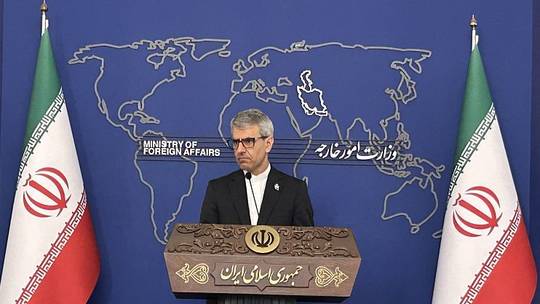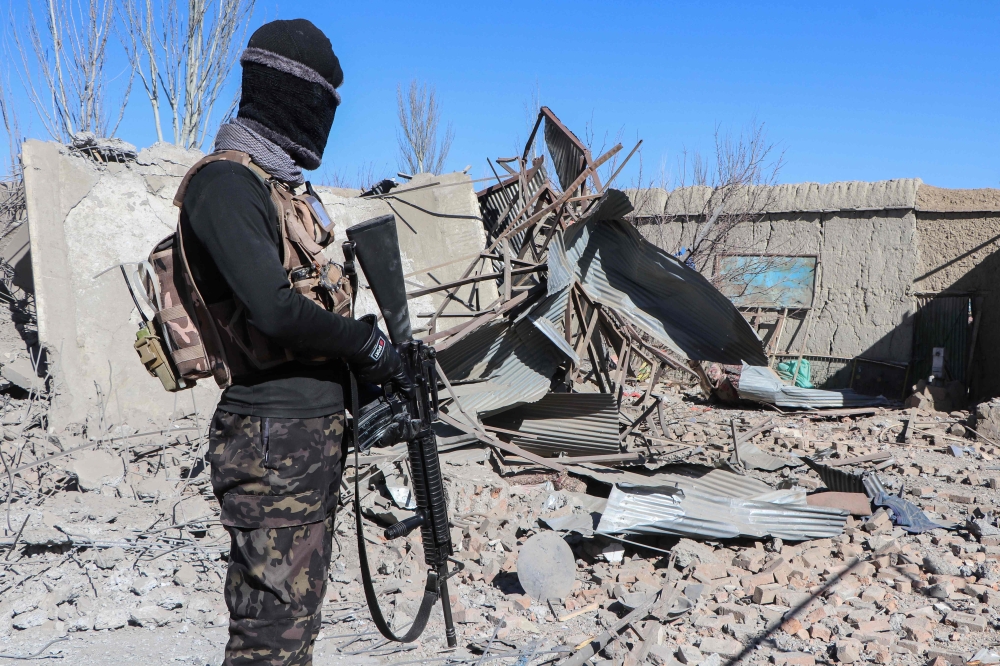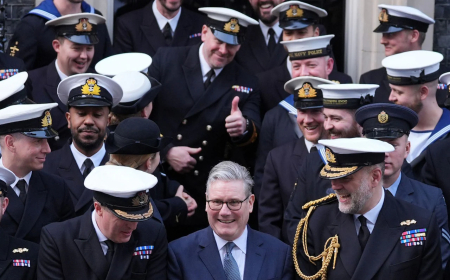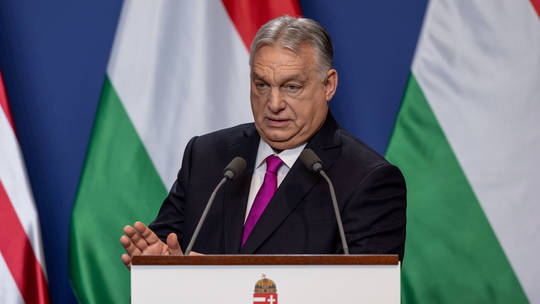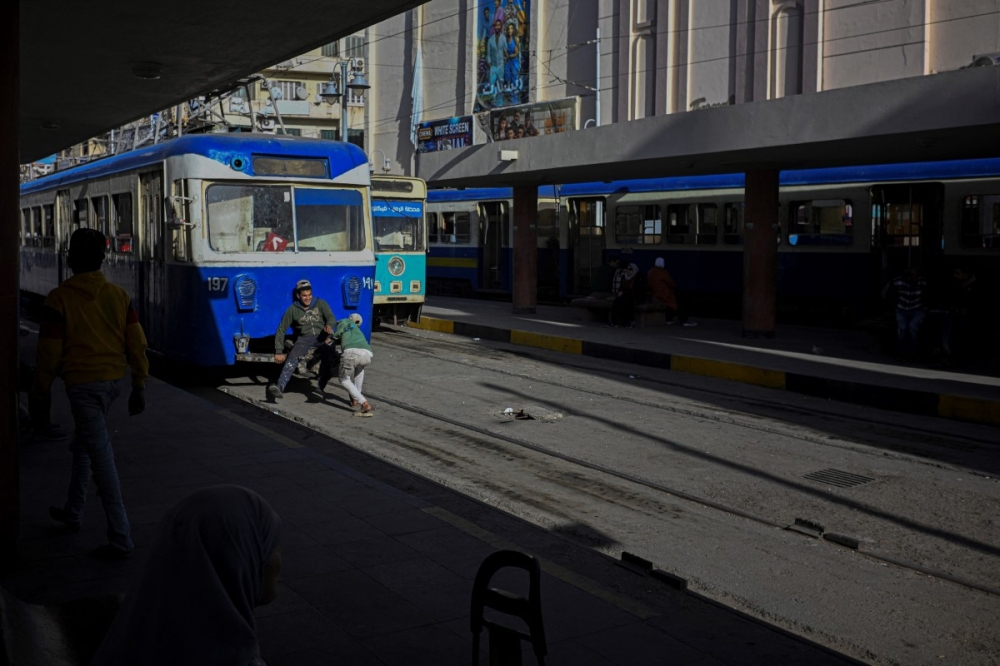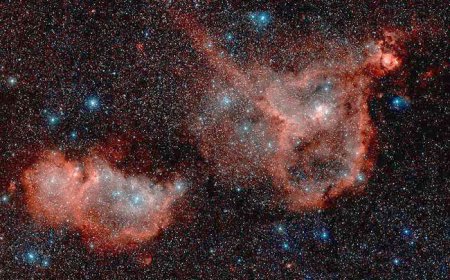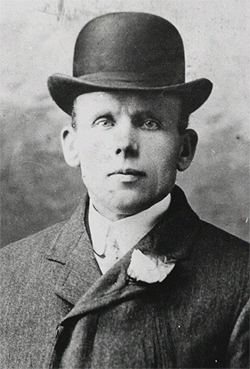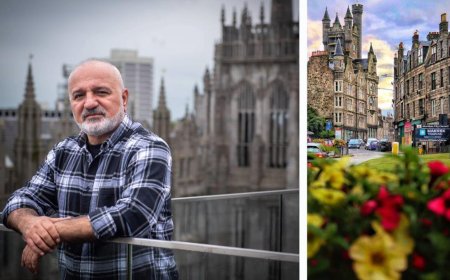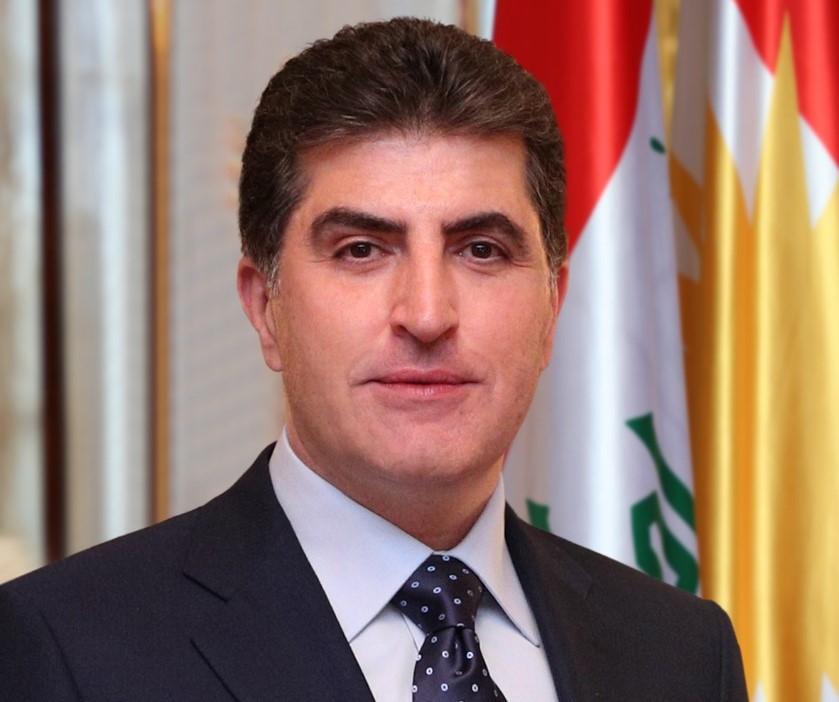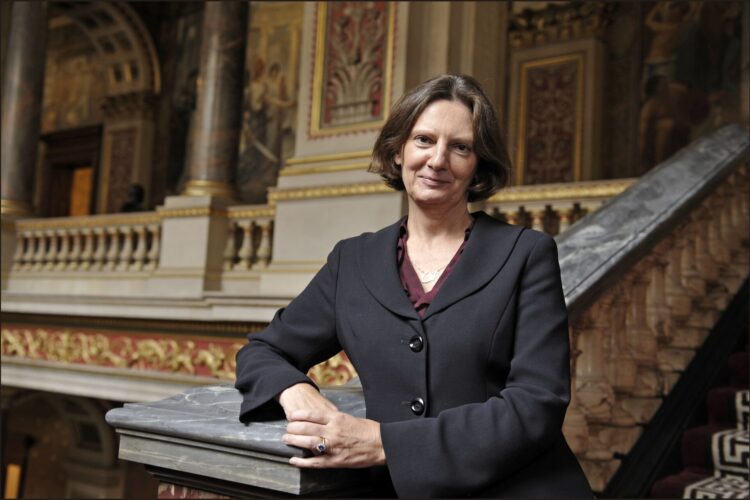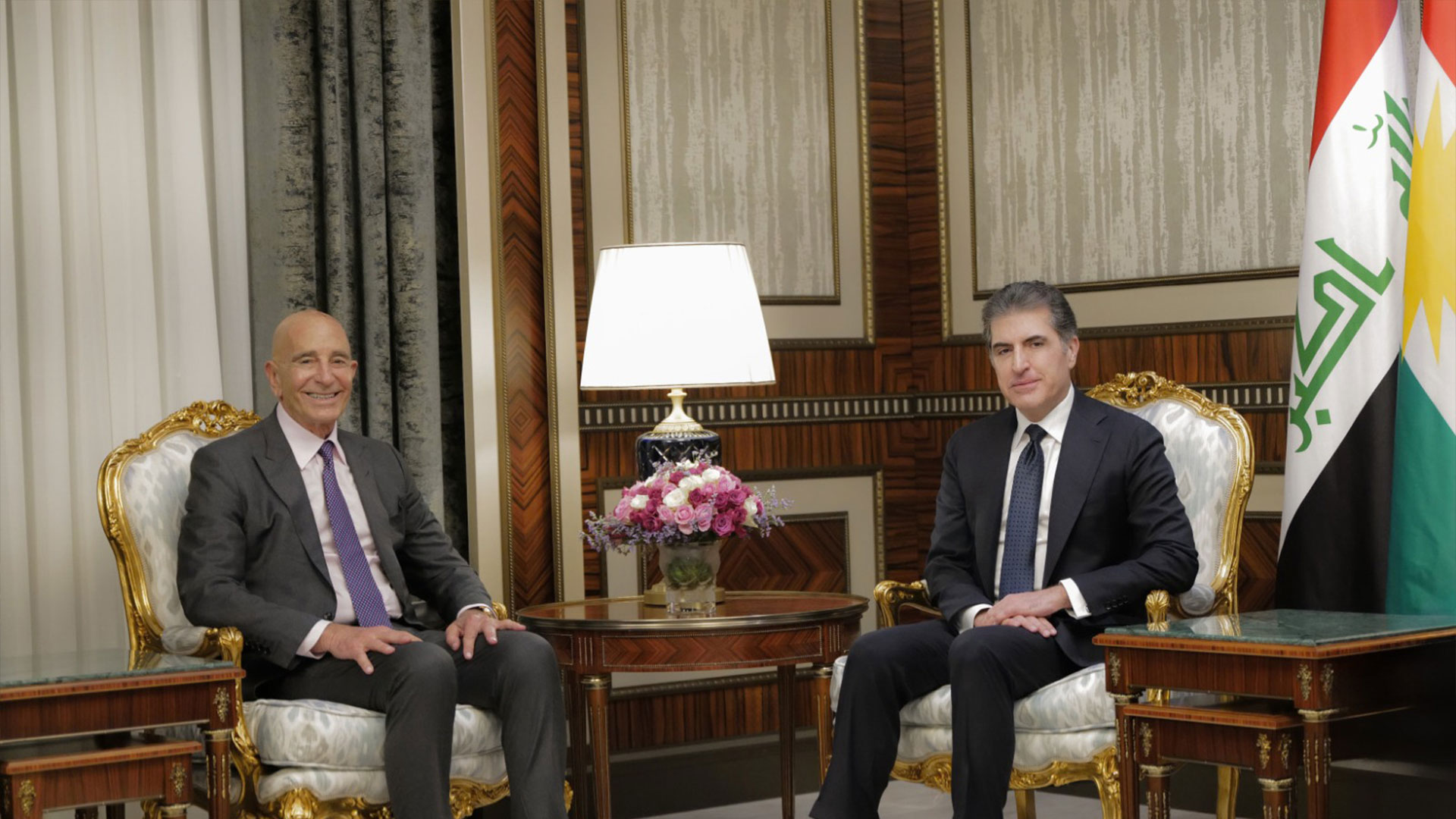President Nechirvan Barzani’s Presence at the Munich Security Conference: A Strategic Partner for Stability and Coexistence
The 61st Munich Security Conference (MSC) on 13-16 February 2025 is one of the world’s most influential forums for global security, bringing together world leaders, policymakers, and experts to address the most pressing security challenges. In the face of ongoing instability in the Middle East—ranging from the post-war uncertainty in Syria to the ISIS threat and growing tensions among regional powers—strategic engagement with moderate, peace-driven leaders has never been more critical. Dr. Qanta Ahmed, a renowned American policy analyst and commentator on Middle Eastern affairs, has consistently emphasized the importance of engaging with leaders who prioritize coexistence and stability. In this regard, President Nechirvan Barzani emerges as a key figure—a leader whose diplomatic approach, commitment to peace, and ability to navigate complex geopolitical landscapes make him an invaluable ally for the U.S. and the international community. His presence at the MSC represents not just an opportunity for the Kurdistan Region but also a moment for the conference particpants to strengthen their partnerships in a region facing profound uncertainty.
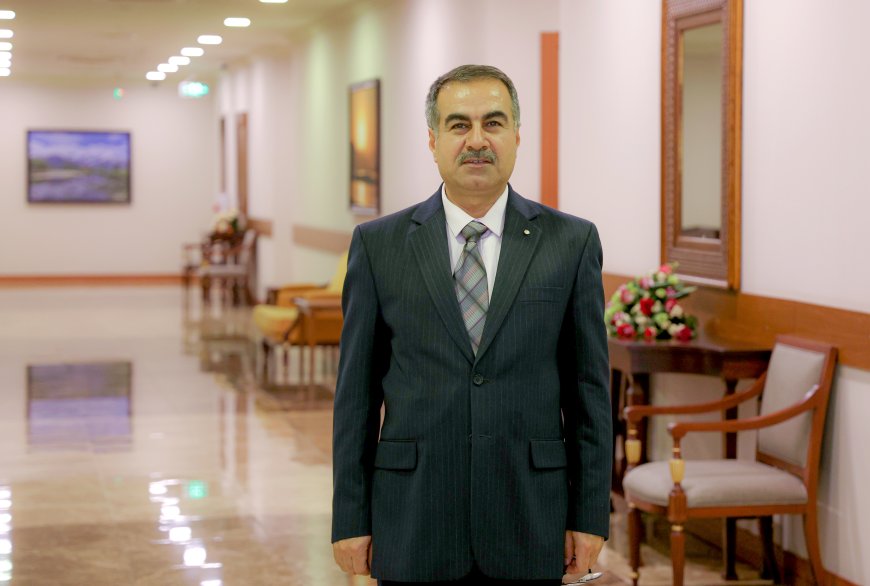
peaceful coexistence and pragmatic diplomacy. Under his leadership, the Kurdistan Region has been a beacon of stability in Iraq and a reliable partner for the West in counterterrorism efforts. Returning to Dr. Qanta Ahmed’s argument that U.S. foreign policy can shift toward supporting leaders who embrace pluralism, coexistence, and strategic diplomacy rather than relying solely on militarized solutions. President Nechirvan Barzani’s ability to mediate between different ethnic and religious communities, including Kurds, Arabs, Christians, and Yazidis, aligns with the core values of the conference and international diplomacy in fostering stability through dialogue and governance rather than conflict. The future of Syria can be one of the central topics at the MSC, which remains highly uncertain. With the presence of various armed groups, varried ideologies, and the unresolved status of Rojava, the semi-independent Kurdish territory in northeastern Syria, the international community needs to engage with moderate regional leaders who can advocate for sustainable solutions. In this way, President Nechirvan Barzani can serve as a critical voice in discussions on Syria’s reconstruction and governance. His engagement at the MSC offers an opportunity to reinforce the need for a balanced approach—one that prevents further marginalization of the Kurdish populations in Syria while ensuring regional stability. Despite ISIS's territorial defeat in the past decade, its ideological and insurgent operations continue to pose a serious threat to Iraq, Syria, and beyond. The Kurdistan Region has played a decisive role in the fight against ISIS, with Peshmerga forces standing as one of the most effective counterterrorism allies among the international coalition. Sinces 2014, President Nechirvan Barzani has led efforts to support the Yazidi community after ISIS’s genocide. He has combined counterterrorism experience with a deep commitment to rehabilitating communities affected by terriosm. His leadership ensures Yazidis receive support, and a path to recovery. Given the current landscape, the Middle East remains a volatile area with growing tensions and cross-border disputes, military interventions, and the struggle for influence. President Nechirvan Barzani has consistently taken a balanced approach, maintaining relations with all key regional actors while advocating for stability and peaceful resolutions. Also, Dr. Qanta Ahmed has noted that the U.S. need to recognize such leadership and actively support diplomatic figures who can mediate regional disputes. His presence at the MSC is a chance to reinforce Kurdistan’s role as a mediator and a partner for peace. President Nechirvan Barzani’s presence at the Munich Security Conference is a testament to the role that diplomacy and leadership play in addressing global security challenges. In times of crisis, it is leaders who prioritize coexistence, negotiation, and pragmatic governance that pave the way for lasting stability. Dr. Qanta Ahmed’s insights into U.S. foreign policy highlight the necessity of engaging with such figures, particularly in regions facing political and security uncertainties. The MSC provides an opportunity to not only acknowledge Kurdistan’s contributions but also to reinforce the importance of strategic partnerships in ensuring a more peaceful and cooperative Middle East. By fostering stronger ties with the international community, President Nechirvan Barzani’s participation in the MSC is not just beneficial for Kurdistan but serves as a crucial step toward a more hopeful, stable, and secure future for Iraq and the broader region.
Dr. Sirwan Abdulkarim Ali
1Dr. Qanta Ahmed, an observing Muslim, academic physician, opinion journalist and a prolific writer. She has contributed to The Guardian, The Wall Street Journal, The Spectator, and more. She is also a sought-after commentator on CNN, BBC, and Fox, advocating against Islamism and defending the vulnerable.
